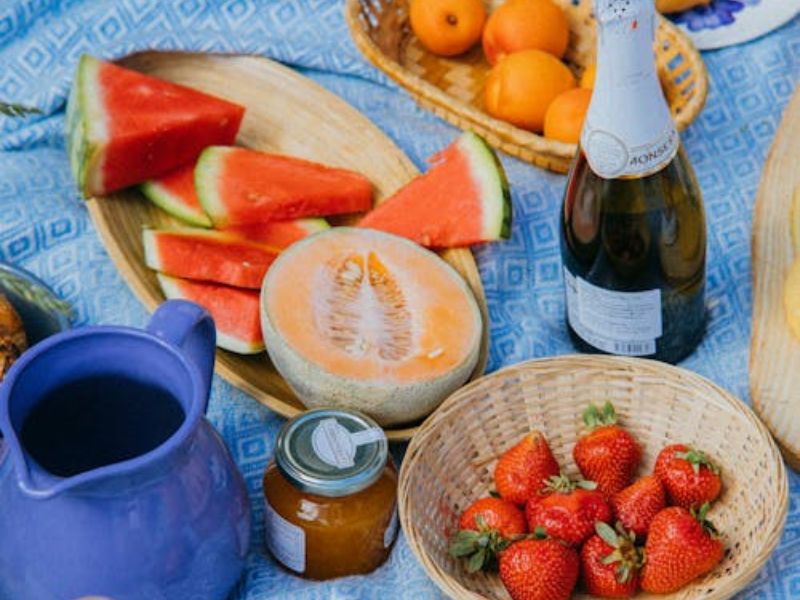It’s easy to maintain a balanced diet and overall healthy lifestyle by eating a variety of fruits and vegetables every day. Diversifying your fruit and veggie intake is not only beneficial for your body, but it also helps avoid arsenic poisoning.
How Does Arsenic Affect Your Food?
Arsenic is a naturally occurring element “widely distributed throughout the environment,” according to the World Health Organization (WHO), found in rocks, soil, air, and water. Arsenic “in its inorganic form” is highly toxic. Exposure to inorganic arsenic occurs primarily through drinking contaminated groundwater or eating contaminated food. There are no current regulatory limits on possible arsenic levels in foods and beverages other than bottled water.

Image Credit: Pexels/KoolShooters
Keeping Your Food Safe From Arsenic
Make your grain choice a little more adventurous. Registered dietitian Abigail Rapaport, MS, RD, CDN, recommends varying the types of grains you consume.
The advantage of white rice is that it has about half the amount of arsenic as brown rice. Incorporate other hearty grains, like millet, quinoa, buckwheat, corn, oats, farro, barley, and flax.
Eat Whole Fruits Instead Of Fruit Juice
Rapaport recommends drinking fruit juice whenever possible rather than eating whole fruits. It’s also a better way to get fiber and vitamins.
Peel And Wash Those Root Vegetables
Plants absorb varying amounts of arsenic from the soil. Arsenic is primarily stored in the skins of root vegetables such as carrots, beets, and potatoes, so they can be washed and peeled to remove most of the arsenic. It’s probably something you already do when preparing these kinds of ingredients.

Image Credit: Pexels/Shameel mukkath
Check Your Local Arsenic Levels
Monica Ramirez-Andreotta, Ph.D., explains that where you live and what you eat determine how much arsenic you are exposed to. She says, “If you are going to be growing your food, you must have a good understanding of your land.”
Source More Produce
It’s great to grow your vegetables, but Ramirez-Andreotta says eating a variety of produce from the grocery store, farmers’ market, and garden can help reduce risk.